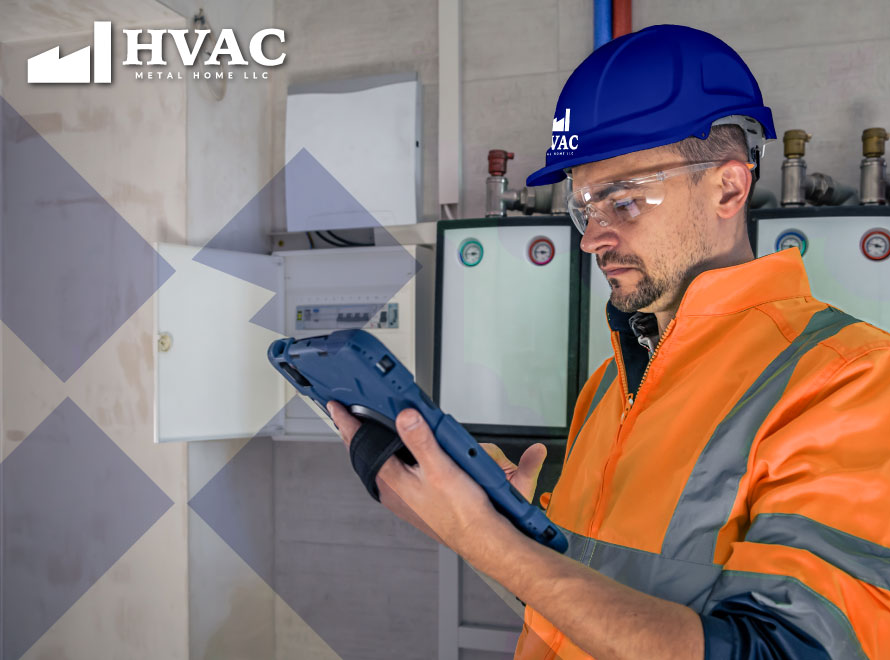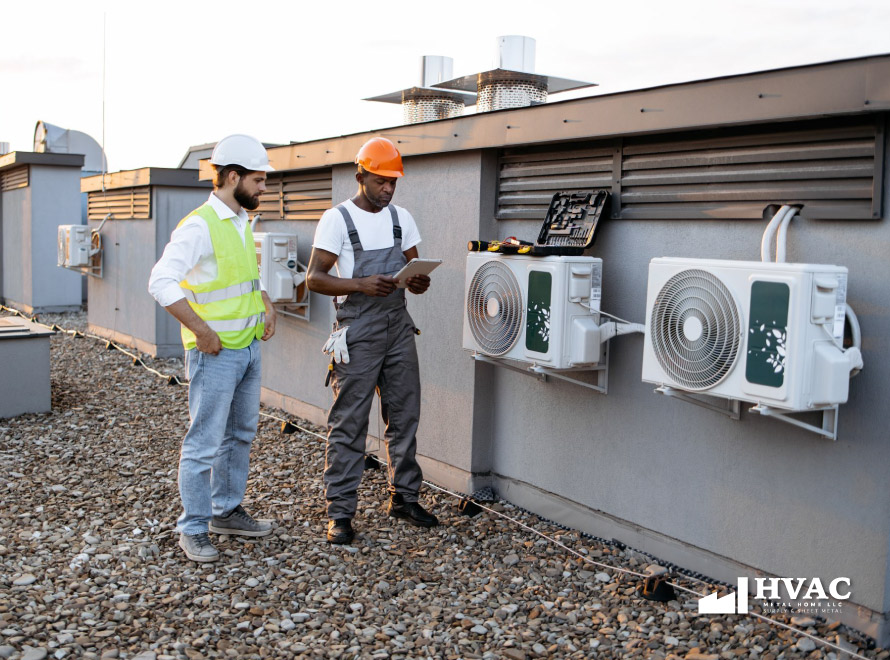What is HVAC Metal?
When it comes to heating, ventilation, and air conditioning (HVAC) systems, the choice of materials plays a crucial role in ensuring efficiency, durability, and performance. HVAC metal refers to the use of metallic materials in the construction and installation of HVAC systems. These metals are specifically chosen for their thermal conductivity, strength, and corrosion resistance, making them ideal for various HVAC applications.
Types of HVAC Metal
- Steel: Steel is one of the most commonly used metals in HVAC systems. Its strength, versatility, and affordability make it a preferred choice for ductwork, piping, and structural components in both residential and commercial HVAC systems.
- Aluminum: Aluminum is lightweight and corrosion-resistant, making it suitable for outdoor HVAC units such as air conditioning condensers and heat pumps. Its malleability also allows for easy shaping and installation
- ion, making it a popular choice for custom HVAC solutions.
- Copper: Copper is valued for its exceptional thermal conductivity, making it an ideal material for heat exchangers and refrigerant lines in HVAC systems. While copper can be more expensive than other metals, its superior performance and durability often justify the investment.
- Galvanized Steel: Galvanized steel is steel coated with a layer of zinc to enhance its corrosion resistance. This makes it suitable for HVAC applications where exposure to moisture and harsh environmental conditions is a concern, such as outdoor ductwork and ventilation systems.
Benefits of HVAC Metal
- Durability: HVAC metal is known for its longevity and resistance to wear and tear. Unlike organic materials like wood or plastic, metal components are less prone to deterioration from exposure to moisture, temperature fluctuations, and UV radiation, ensuring reliable performance over the years.
- Efficiency: The thermal conductivity of metals allows for efficient heat transfer and distribution within HVAC systems, leading to improved energy efficiency and lower operating costs. This is particularly advantageous in heating and cooling applications where rapid temperature control is essential.Customization: Metal fabrication
- techniques allow for precise customization of HVAC components to fit specific design requirements and space constraints. Whether it’s ductwork, piping, or fittings, metal can be shaped, welded, and assembled to create bespoke solutions tailored to the needs of residential and commercial properties.
- Fire Resistance: Many HVAC metals, such as steel and aluminum, have inherent fire-resistant properties, reducing the risk of fire hazards in HVAC systems. This is crucial for ensuring the safety and compliance of buildings with local building codes and regulations.
Applications of HVAC Metal in New Jersey
- Residential HVAC Systems: In New Jersey, residential properties rely on HVAC metal for ductwork, air handlers, and heating/cooling components to maintain comfortable indoor temperatures year-round. The durability and efficiency of HVAC metal ensure reliable performance, even in extreme weather conditions.
- Commercial Buildings: From office complexes to retail establishments, commercial buildings in New Jersey benefit from the use of HVAC metal for large-scale heating, ventilation, and air conditioning systems. Metal ductwork, rooftop units, and HVAC piping play a crucial role in maintaining indoor air quality and occupant comfort in commercial spaces.
- Industrial Facilities: Industries across New Jersey, including manufacturing plants, warehouses, and data centers, rely on robust HVAC metal systems to regulate indoor climate and ensure optimal working conditions for employees and equipment. Metal ducts, exhaust systems, and specialized HVAC components are essential for efficient ventilation and temperature control in industrial settings.
Conclusion
HVAC metal is a cornerstone of modern heating, ventilation, and air conditioning systems, offering unmatched durability, efficiency, and versatility for residential, commercial, and industrial applications in New Jersey and beyond. By understanding the benefits and applications of HVAC metal, property owners can make informed decisions when it comes to selecting and installing HVAC systems that meet their specific needs and requirements. Whether it’s steel, aluminum, copper, or galvanized steel, the right choice of HVAC metal can make all the difference in achieving optimal comfort, energy savings, and peace of mind for years to come.



